
Ethics in the Public Sphere Archives
Symposium 2018-19
"Immigration and Morality: Invitation to a Dialogue"
Joseph Carens. Professor of Political Science, University of Toronto
Abstract:
In this talk I want to invite those in the audience to set aside
partisan political concerns and even their own immediate interests for a
short time and to reflect upon the ways in which immigration raises
questions about our most fundamental moral values, about what we think
is right and wrong, just and unjust. I will provide a brief overview of
the range of moral questions that are raised by immigration, but I’ll
focus mainly on three particularly controversial ones: What should we do
about irregular migrants (i.e., immigrants who have settled without
official authorization)? What are our responsibilities towards refugees?
Finally, are we really entitled to control immigration at all or should
borders be generally open? I will offer some challenging views on these
questions, but my hope is that whether those who attend agree with me or
not, they will experience what I say as an invitation to think more
deeply about this important topic and perhaps to talk with people with
whom they disagree.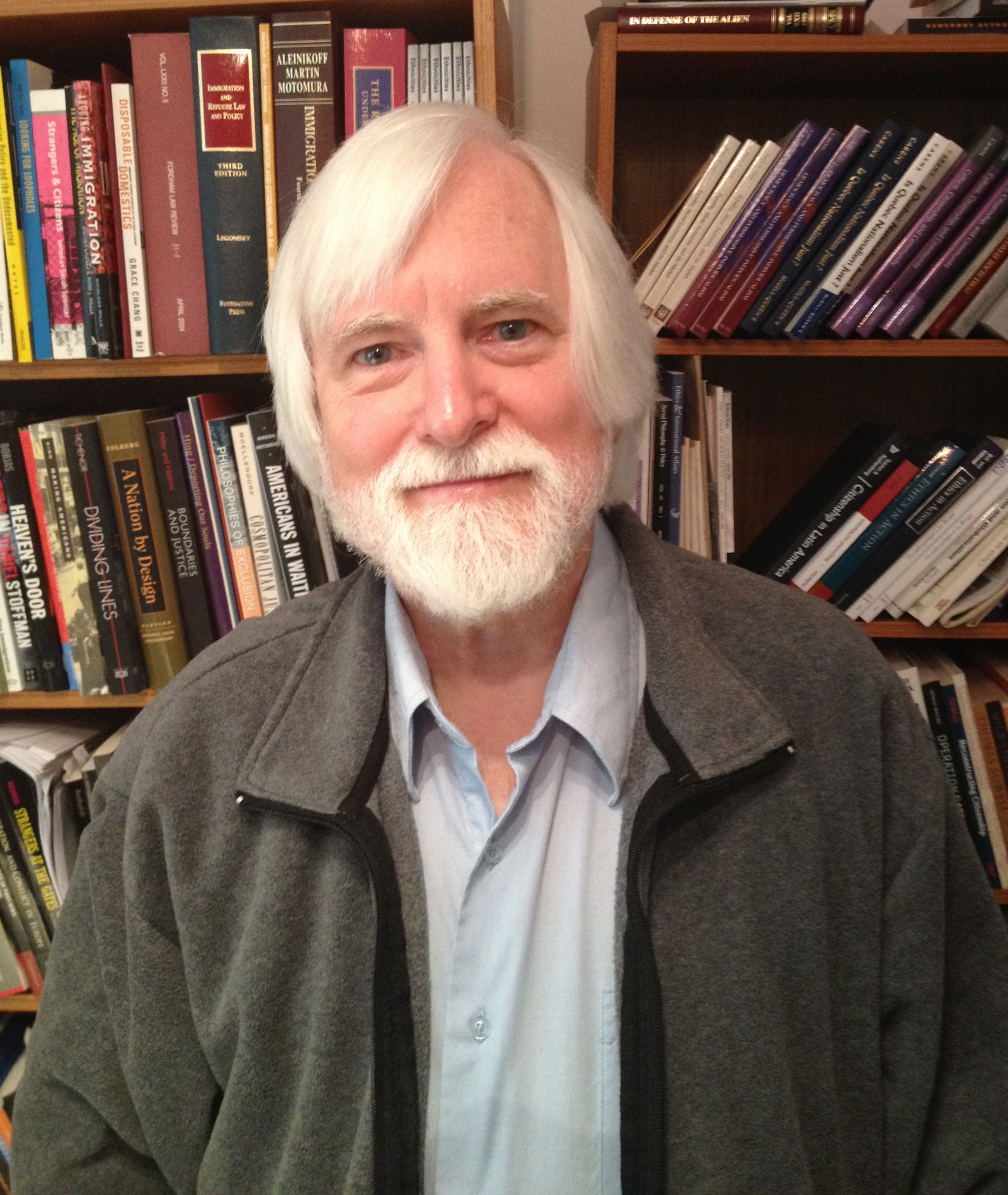
Thursday, April 11, 2019
UC San Diego, Faculty Club, Dining Room, 4-7PM
Free Event: Talk, Q&A, and Reception
Information Flyer
Open to the Public
"Condemned to Tribalism? Us Versus Them in Contemporary America"
Allen Buchanan. Professor of Philosophy at Duke University and also professor of the Philosophy of International Law at the Dickson Poon School of Law at King's College, London
Abstract:
Many people are aware that in the U.S. at present there is an increase in “tribalism” but there is much unclarity about what “tribalism” is. In this presentation I contrast tribalistic or exclusive moralities with inclusive ones. I first argue that the standard evolutionary story about how human morality originated among our remote ancestors between 1.8 million and 10,000 years ago suggests to many people that we are condemned to tribalism, that humans are “hard-wired” by evolution to have exclusive moralities, moralities that relegate “outgroup” people to an inferior status. I then argue for a revisionist account of the evolutionary origins of morality according to which humans have an adaptively plastic moral capacity: in certain environments tribalistic or exclusive moral responses will dominate, but in different environments a more inclusive moral orientation is possible. I explain how morality, for many people, has become more inclusive during the last 300 years, in some parts of the world, but argue that there is a new form of tribalism: intrasocietal tribalism, where the inferior, dangerous other is not thought of as a member of another society, but rather is a group within our society. I next show that this new form of tribalism threatens to undue the recent progress that some humans have made in developing a more inclusive moral orientation. I then explain how ideology, properly understood, creates this new kind of tribalism and who that ideology is an adaptation for cooperation in modern, complex societies in which there is a plurality of groups competing for economic, political, and cultural dominance.
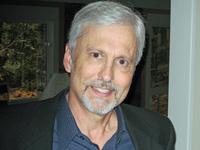
Thursday, November 15, 2018
UC San Diego Huerta-Vera Cruz Room, 4-7PM
Free Event: Talk, Q&A, and Reception
Please visit this registration page to RSVP.
"#metoo and the Failure to Warn Others"
Professor Elizabeth Harman of Princeton University
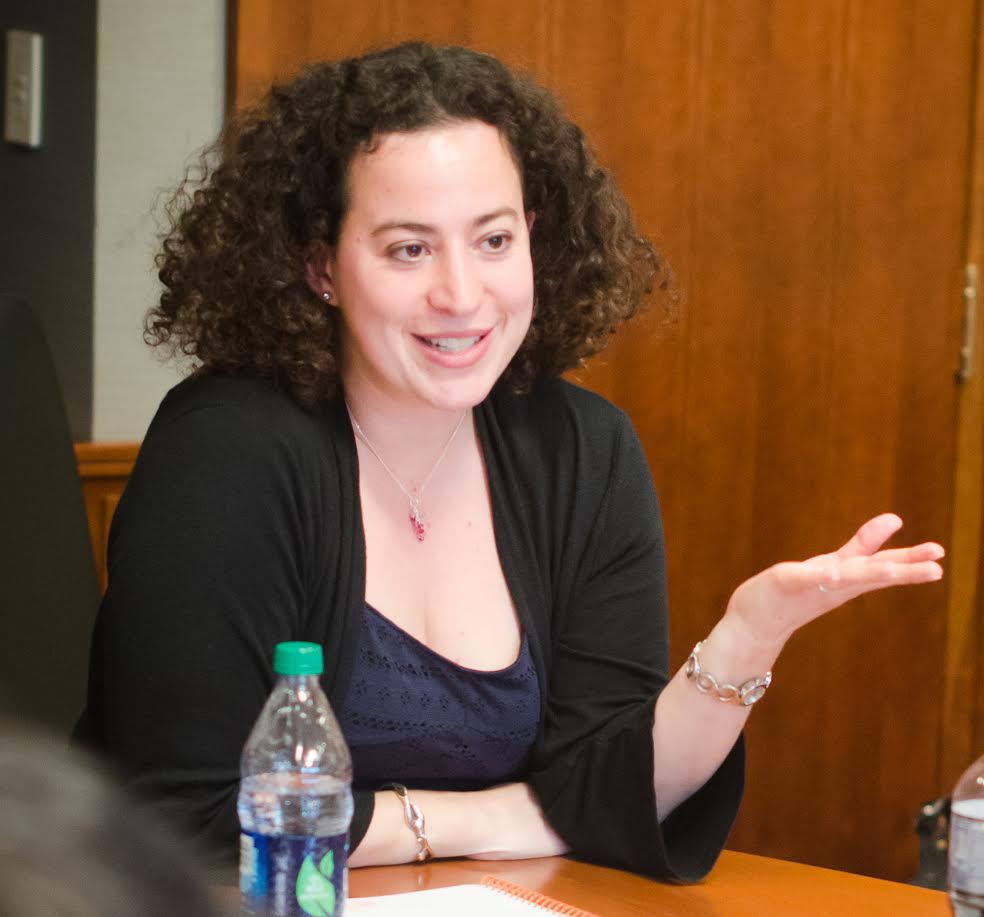
Abstract:
“The complicated feeling I have about Harvey is how bad I feel about all the women that were attacked after I was. I am one of the reasons that a young girl would walk into his room alone, the way I did.”
— Uma Thurman, interviewed by the New York Times, February 3, 2018
What is the significance of Thurman’s failure to warn the many women who were attacked by Harvey Weinstein after she was? What complicated feeling does she have? What complicated feeling should she have? Do victims who fail to warn others thereby wrong the future victims? What duties do victims have to warn others? I will argue that sexual assault wrongs victims in an underappreciated way, by imposing duties to warn others on them and by thrusting them into moral relationships with future victims that are burdensome and that indeed make certain complicated feelings warranted and appropriate. Thurman is right — she was one of the reasons that young girls fell victim to Weinstein — and she is right to have complicated feelings about it.
Thursday, May 24, 2018
UC San Diego Faculty Club 4-7PM
Free Event: Talk, Q&A, and Reception
Please visit this registration page to RSVP.
Symposium 2017-18
"The Roads To and From the Paris Climate Agreement"
Professor Andrew Light
University Professor of Philosophy, Public Policy, and Atmospheric Sciences at George Mason University, and Distinguished Senior Fellow in the Climate Program at the World Resources Institute, in Washington, D.C.
Friday, December 1, 2017
UCSD Faculty Club 5-8PM
Talk and Q&A: 5:30-7PM, reception to follow
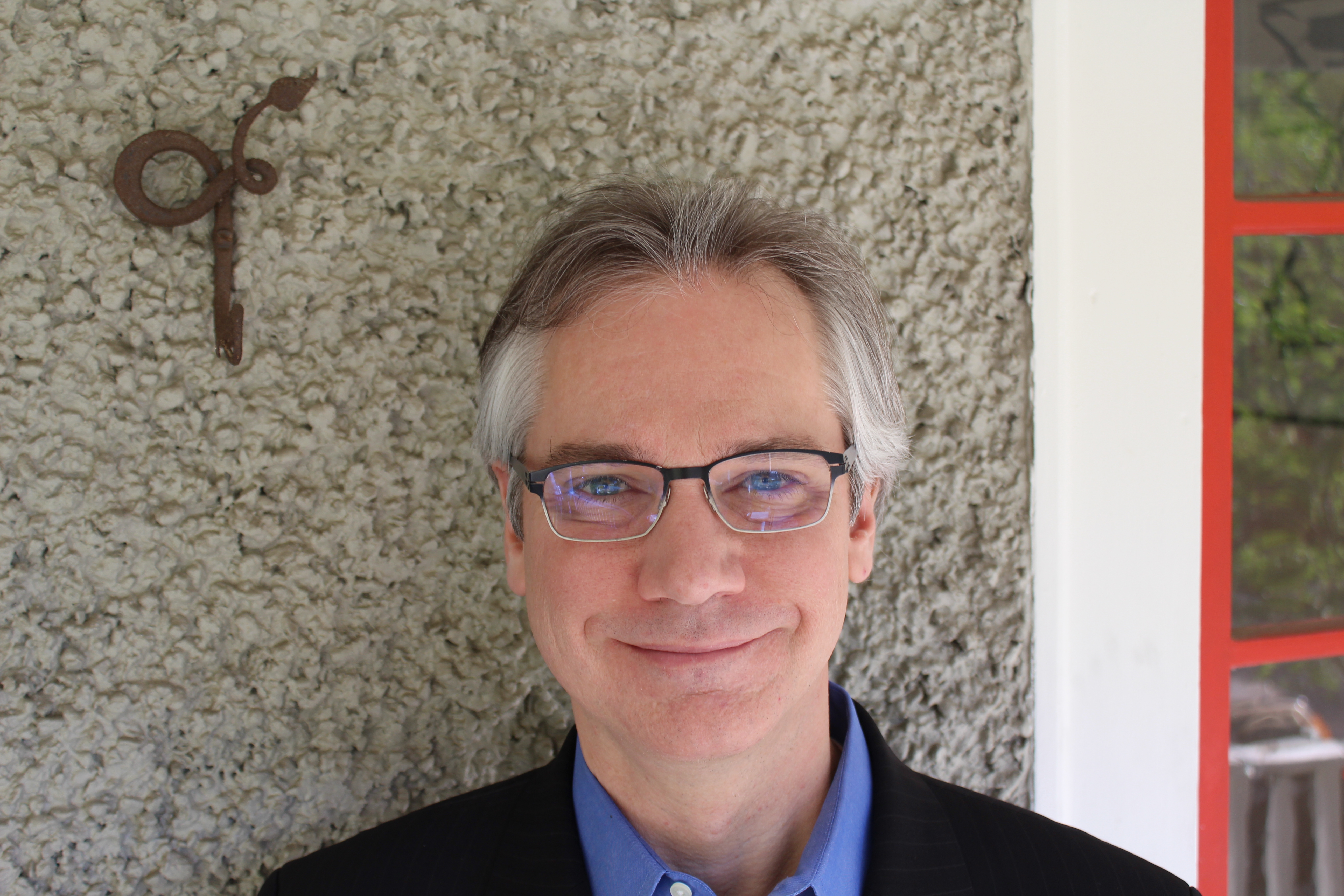 Abstract:
Abstract:
In December 2015 over 190 countries met in Paris for the 21st meeting of the United Nations Framework Convention on Climate Change where they succeeded in creating a new international climate agreement. Many have heralded the outcome as a groundbreaking achievement for international diplomacy and global climate action. Others have argued that the climate commitments that parties brought to the table in Paris are ultimately too weak to achieve the agreements’ lofty aspirations. Whichever is true, the agreement is now undergoing an early and serious stress test with the announcement of the intended withdraw of the United States from the agreement. To better understand the significance of the Paris Agreement, and why it is worth fighting for its preservation, we will review the recent history of the UN climate negotiations, and how this outcome evolved from earlier failed attempts in this process, finally overcoming the immense hurdle of assigning responsibility for hitting global mitigation targets. From there we will look at what the future holds for global climate cooperation, including new opportunities for enhanced climate action.
Symposium 2016-17
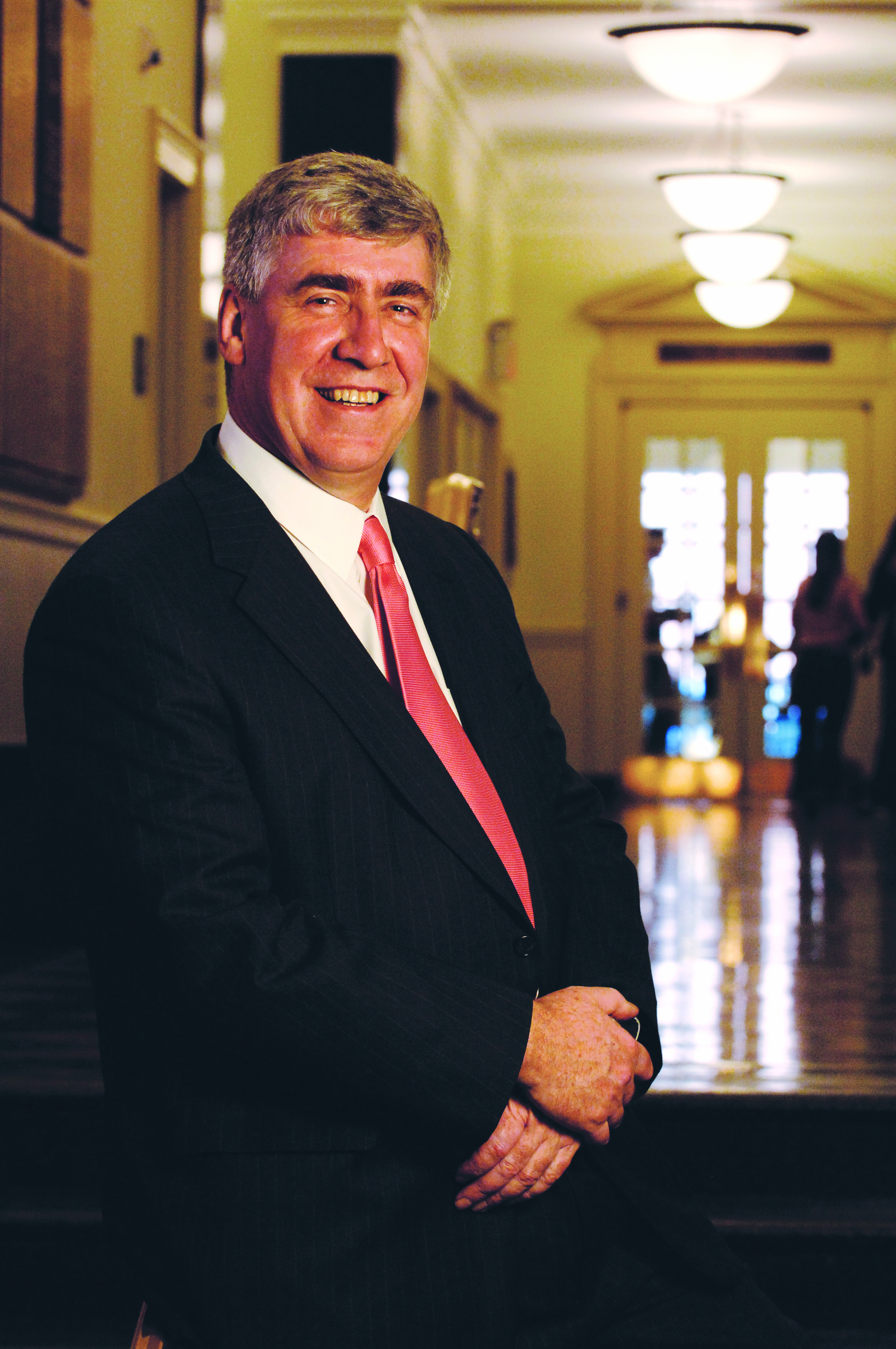 “Death Squads and Death Lists: Targeted Killing and the Character of the State”
“Death Squads and Death Lists: Targeted Killing and the Character of the State”
Professor Jeremy Waldron
University Professor and Professor of Law, New York University and
formerly Chichele Professor of Social and Political Theory at All Souls College, Oxford
Abstract:
The intention of this lecture is to urge critical reflection upon current US practices of targeted killing by considering not just whether acts of targeted killing can be legally justified but also what sort of state we are turning into when we organize the use of lethal force in this way – maintaining a list of named enemies of the state who are to be eliminated in this way. I make use of the unpleasant terminology of "death lists" and "death squads" to jolt us into this reflection. Of course, there are differences between the activities of death squads in (say) El Salvador in the early 1980s and the processes by which US special forces, intelligence personnel, and drone operators, kill the individuals named on a list of state enemies, one by one. They are not morally equivalent. But the two sets of phenomena are much closer to one another than we ought to be comfortable with. And we certainly should not be comfortable with a world in which death lists and death squads -- even of the respect able American kind -- become a standard practice and standard operating procedure for all states.
"The Shape of the State"
Philip Pettit (L.S. Rockefeller University Professor of Politics and Human Values at Princeton University)
Thursday, October 27th, 2016,
5:30PM lecture followed by 7PM reception
UCSD Faculty Club
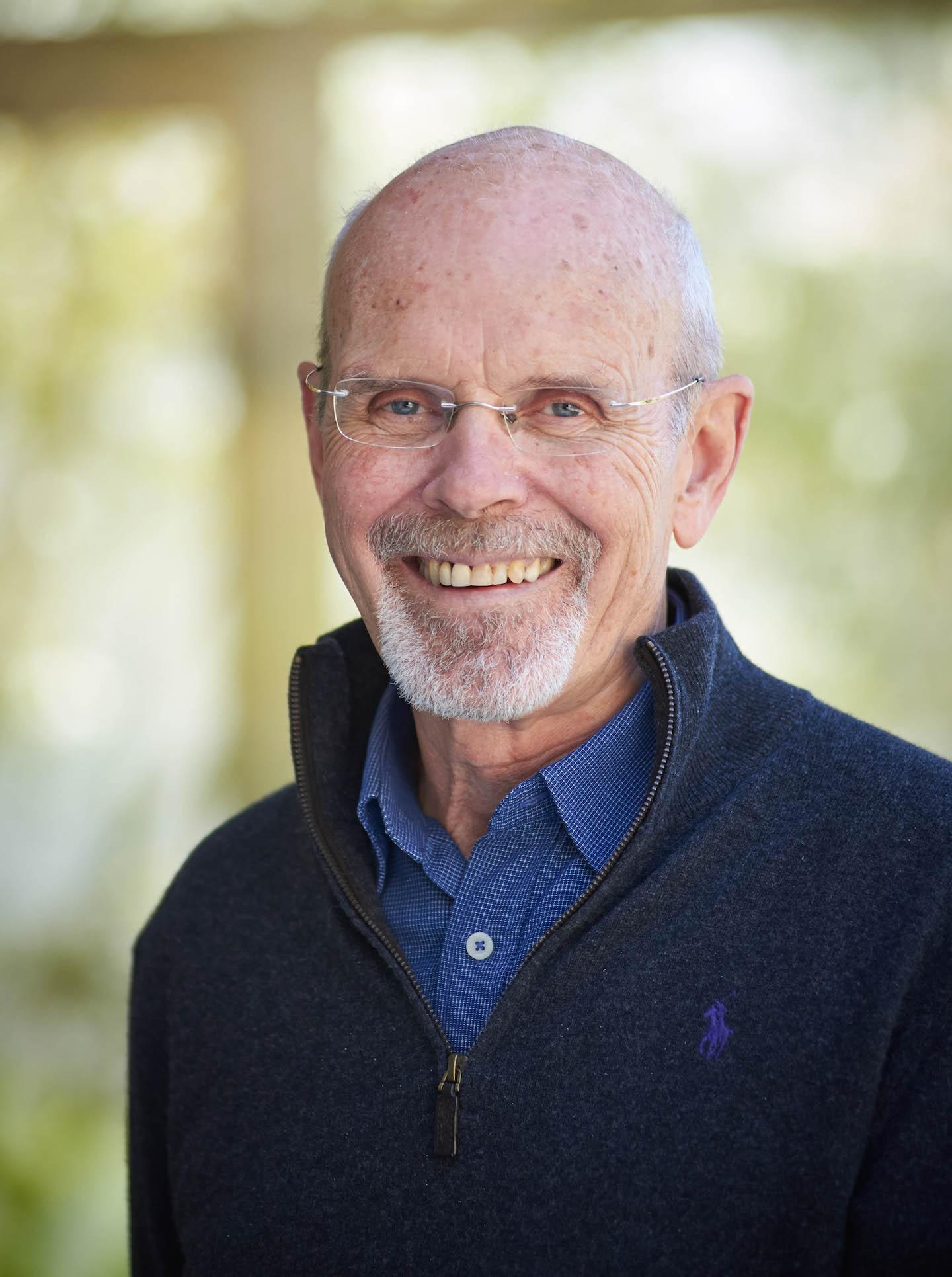
Abstract: Political philosophy is an account of what the polity or state ought to be and ought to do. But what it ought to be and do depends on the shape it can assume. And that is the topic of this lecture. The questions to be raised include the relation of the polity to the legal system, its role as a corporate agency, the locus of sovereignty within that agency, and the different democratic modes in which it may be organized.
Symposium 2014-15
"Consciousness Unbound: The Ethics of Neuroimaging After Severe Brain Injury”
Charles Weijer, M.D., Ph.D.
Professor of Philosophy, University of Western Ontario
Wednesday, April 29, 2015
5:30PM lecture followed by 7:00PM reception
UCSD Faculty Club
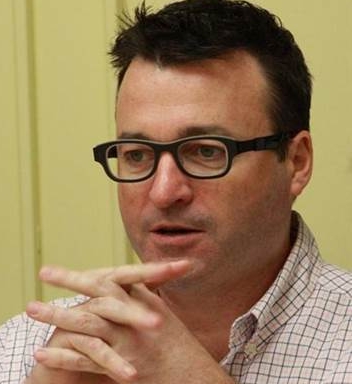
Abstract: Severe brain injury is a major cause of disability and death. In the hours and days after brain injury, families may be faced with the decision whether to continue life-sustaining therapy. Patients who survive may emerge into a vegetative or minimally conscious state in which they are incapable of meaningful communication. Recent advances in neuroimaging cast a new light on behaviorally non-responsive patients after brain injury. Functional MRI is now being used in the research setting to map residual cognitive function in brain-injured patients, including the ability to process speech, comprehend language, and follow commands. In a few cases, neuroimaging has allowed for communication with otherwise unresponsive patients. This research raises difficult ethical issues. Should research results be shared with families in the ICU setting when life and death decisions are at stake? What does neuroimaging data tell us about our moral obligations to brain-injured patients? And how can neuroimaging communication be used responsibly to benefit patients?
UC SAN DIEGO PHILOSOPHY DEPARTMENT SYMPOSIUM SERIES
Many faculty and graduate students in Philosophy are doing work in ethics and social-political philosophy that engages issues of broad public interest and concern. As part of our mission to contribute to the public's understanding and appreciation of these issues, the department has launched a new symposium series under the banner Ethics in the Public Sphere.
Read more about the series here:
Interview with former Philosophy Department Chair, Donald P. Rutherford
To receive notices about Philosophy's Symposium Series, subscribe to our Events Mailing List.
Symposium 2013-14
Winter 2014
“Peter Singer on Effective Altruism” - Poster
Symposium and Ted Talk Viewing at UCSD in H&SS 1330
Tuesday, February 25, 2014, 6:30pm-7:50pm
PARTICIPANTS:
-
-
-
Peter Singer
-
-
OPEN TO THE PUBLIC
First-come, first-seated policy
For more information contact:
Theron Pummer
UCSD Philosophy Dept.
“Philip Kitcher, Can We Sustain Democracy, and the Planet Too?” - Poster
Symposium at the UCSD Faculty Club
Reception to follow
Wednesday, March 12, 2014, 5:00pm-8:00pm
PARTICIPANTS:
-
-
-
Philip Kitcher
-
-
OPEN TO THE PUBLIC
For more information contact:
Susanne Degher
UCSD Philosophy Dept.
Symposium 2012-13
Fall 2012
“OUR DUTIES TO DISTANT NEEDY PERSONS” - Schedule - Poster
Symposium at the UCSD Faculty Club
Saturday, November 3, 2012, 1:00pm – 5:30pm
PARTICIPANTS:
OPEN TO THE PUBLIC
RSVP by mailing Susanne Degher at sdegher@ucsd.edu
For more information contact:
Theron Pummer
UCSD Philosophy Dept.
tpummer@ucsd.edu
Winter 2013
“WAR ETHICS” - Poster
A Conference at the UCSD Faculty Club
Friday and Saturday, March 1-2, 2013, 9:00am-5:30pm
PARTICIPANTS:
OPEN TO THE PUBLIC WITH REGISTRATION
For registration and general information contact:
Prof. Sam Rickless
UCSD Philosophy Dept.
srickless@ucsd.edu
Spring 2013
“THE AIMS OF EDUCATION” - Poster
Symposium at the UCSD Faculty Club
Saturday, April 20, 2013, 1:00pm-5:30pm
PARTICIPANTS:
OPEN TO THE PUBLIC
RSVP by mailing Susanne Degher at sdegher@ucsd.edu
For more information contact:
Michael Tiboris
UCSD Philosophy Dept.
mtiboris@ucsd.edu
Ethics in the Public Sphere Video Archives
Ethics in the Public Sphere: The Road To and From the Paris Climate Agreement
Andrew Light. University Professor, Philosophy, Public Policy, and Atmospheric Sciences, George Mason University; Distinguished Senior Fellow, Climate Program, World Resources Institute.
Ethics in the Public Sphere: Death Squads and Death Lists: Targeted Killing and the Character of the State
Jeremy Waldron. University Professor and Professor of Law, New York University; former Chichele Professor of Social and Political Theory, All Souls College, Oxford University.
Ethics in the Public Sphere: Death Squads and Death Lists: Targeted Killing and the Character of the State
Jonathan Cohen, Department Chair Introduces Jeremy Waldron, University Professor and Professor of Law, New York University speaking on “Death Squads and Death Lists: Targeted Killing and the Character of the State” with a short Q&A following the lecture.
Ethics in the Public Sphere: The Shape of the State
Philip Pettit. L. S. Rockefeller University Professor of Politics and Human Values, Princeton University.
Ethics in the Public Sphere: Consciousness Unbound
Charles Weijer, M.D., Ph.D. Professor of Philosophy, University of Western Ontario.
Ethics in the Public Sphere: War Ethics
Donald Rutherford & Sam Rickless, War Ethics Symposium Introduction
Seth Lazar, "War's Endings and the Structure of Just War Theory"
Saba Bazargan, comment on Seth Lazar
Seth Lazar, Response and Q&A for "War's Endings and the Structure of Just War Theory"
Helen Frowe, "Resisting Conditional Force"
David Reed Mapel, comment on Helen Frowe
Helen Frowe, Response and Q&A for "Resisting Conditional Force"
Jeff McMahan, "The Relevance to Proportionality of the Number of Aggressors"
Richard Arneson, comment on Jeff McMahan
Jeff McMahan, Response and Q&A for "The Relevance to Proportionality of the Number of Aggressors"
Larry May, "Human Rights, Proportionality, and the Rights of Soldiers"
Larry May, Response and Q&A for "Human Rights, Proportionality, and the Rights of Soldiers"
Adil Haque, "Killing with Discrimination"
Francois Tanguay-Renaud, comment on Adil Haque
Adil Haque, Response and Q&A for "Killing with Discrimination"
Victor Tadros, "Duress and Duty"
Dana Kay Nelkin, comment on Victor Tadros
Victor Tadros, Response and Q&A for "Duress and Duty"
David Rodin, "Rethinking Responsibility to Protect"
Mattias Iser, comment on David Rodin
David Rodin, Response and Q&A for "Rethinking Responsibility to Protect"
Nancy Sherman, "Recovering Lost Goodness: Shame, Guilt, and Self-Empathy"
Bradley Strawser, comment on Nancy Sherman
Nancy Sherman, Response and Q&A for "Recovering Lost Goodness: Shame, Guilt, and Self-Empathy"
Ethics in the Public Sphere: Aims of Education
Peter Singer. Ira W. DeCamp Professor of Bioethics, Princeton University.